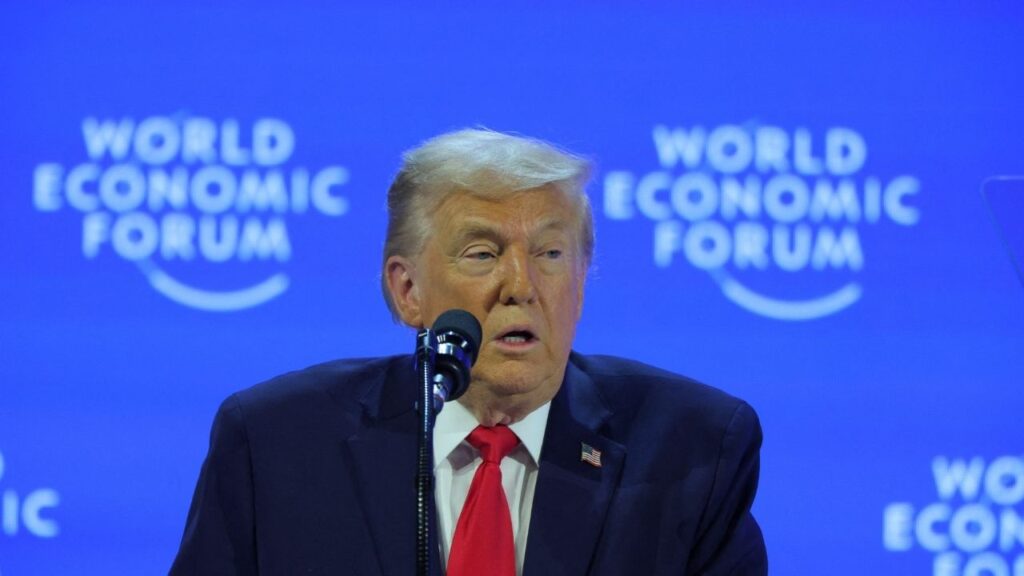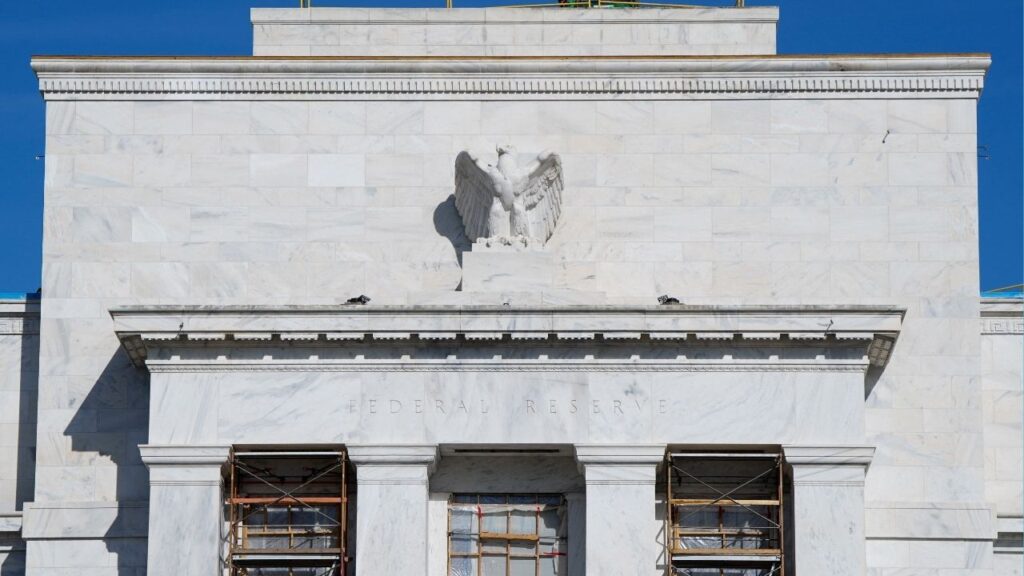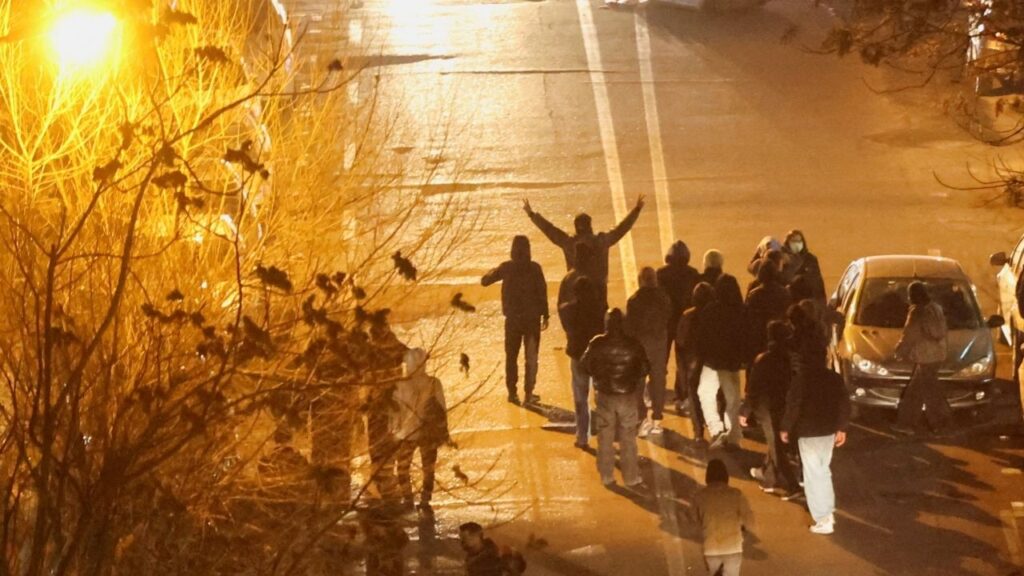Share
Uncertainty over the pace of federal COVID-19 vaccine allotments triggered anger and confusion Friday in some states, with officials worried that the shipments they expected won’t be coming through.
The developments threatened to escalate tensions between the Trump administration and some states over who is responsible for the relatively slow start to the vaccination campaign against the scourge that has killed over 390,000 Americans.
Among the most outspoken state officials was Oregon Gov. Kate Brown. She said Oregon’s efforts to increase vaccinations have been thrown in disarray because of “deception on a national scale” by the administration.
Via Twitter, Brown said she was told by Gen. Gustave F. Perna, who leads the federal vaccine effort Operation Warp Speed, that states will not be receiving increased shipments of vaccines from the national stockpile next week “because there is no federal reserve of doses.”
Alena Yarmosky, a spokeswoman for Virginia Gov. Ralph Northam, said governors were “told explicitly” on Tuesday that they would be provided additional doses. Northam, a Democrat and a doctor, had moved quickly as a result to announce that the state would expand vaccine eligibility.
Now, Northam’s administration is trying to determine whether those additional supplies don’t exist, Yarmosky said.
“What we’re seeing is fully in line with the dysfunction that has characterized the Trump administration’s entire response to COVID-19. President-elect Biden cannot be sworn in fast enough,” she said.
In California, a spokesman for the state medical association, Anthony York, said reports of the federal vaccine stockpile being depleted were “a grave disappointment.”
“It’s this sort of whiplash coming out of Washington that is really going to hamper the state’s ability to communicate clearly with folks about who can get the vaccine and when,” he said.
As of Friday, the Government Had Distributed Over 31 Million Doses to States
Michael Pratt, a spokesman for the federal Department of Health and Human Services, said there may be confusion over expectations, but there has been no reduction in vaccine doses shipped to states.
“States are not seeing a reduction of anything,” Pratt said. “They may be seeing a reduction of expectations.”
As of Friday, the government had distributed over 31 million doses to states, U.S. territories and major cities. But only about 12.3 million doses had been administered, according to online tracking by the Centers for Disease Control and Prevention.
The two COVID-19 vaccines approved for use in the U.S. — made by Pfizer and Moderna – are designed to be given in two doses, three or four weeks apart.
For weeks, Operation Warp Speed had been holding large amounts of vaccine in reserve to ensure that those who got their first dose received their second one on time. The practice was a hedge against possible manufacturing delays. When HHS Secretary Alex Azar announced on Tuesday that he was ending the practice, it was interpreted as essentially doubling the expected supply.
But there was another huge change: He also urged states to open vaccinations to everyone over 65 and those younger with certain health problems, even though most hadn’t yet finished all the health workers first in line or moved to the next tier, people 75 and older and other essential workers.
The result was a scramble by state and local health authorities to figure out exactly what amount of vaccine they would receive in coming weeks and how to more quickly ramp up mass vaccination plans for a public with higher expectations.
States Are Getting the Required Second Doses They Need and the Number of First Doses Is Stable
Pratt said doses that were being held in reserve to provide second shots were released last week. It’s unclear, however, if they all shipped prior to the Trump administration’s announcement early this week that states should open up vaccination to more people.
He said states are getting the required second doses they need and the number of first doses is stable.
Dr. Andrew Pavia of the University of Utah said one of the current problems “is the mismatch between demand and not just supply but knowing what the supply is.”
“We need transparency between the federal government and the states about what vaccine will come, when,” he said Thursday at a briefing organized by the Infectious Diseases Society of America. “Then we need to be really honest with the American people about, ‘When will you get vaccine?’”
Pfizer declined to discuss week-by-week supplies, and Moderna didn’t immediately respond to request for an update.
Oregon announced earlier this week that it would expand vaccine eligibility to Oregon’s roughly 760,000 residents who are 65 and older, teachers and child care providers because of promises that the state’s vaccine allotment would be increased. The news was welcomed, particularly by teachers who are headed back to in-person learning next month in some school districts.
Oregon Health Authority Director Patrick Allen wrote in a letter to Azar late Thursday that the change in dose allotments, if true, would derail Oregon’s plans.
At Mary’s Woods, a retirement community in the suburbs of Portland, Oregon, the news of delayed vaccines hit hard. The governor had announced earlier in the week that residents 65 and older, as well as teachers, would be added to an expanded priority group starting Jan. 23, with promises of a new batch of vaccines from the federal government.
Without that shipment, residents at Mary’s Woods expressed fear they will have to wait longer for their shots. Several residents have COVID-19, and others are terrified it could spread to them soon.
“I’m pretty disappointed,” said 75-year-old Joan Burns. “We’re sequestered and it’s difficult to talk to anybody. I am as anxious as I’ve ever been, and I know it’s escalating. We’re just playing the odds right now, really.”
Categories



















